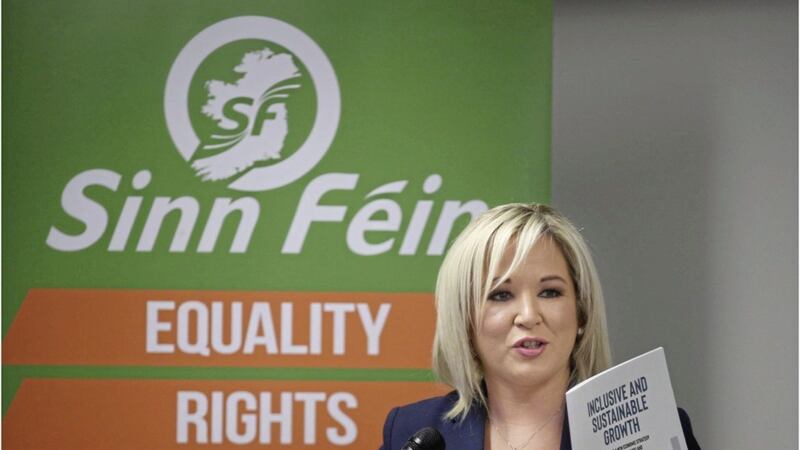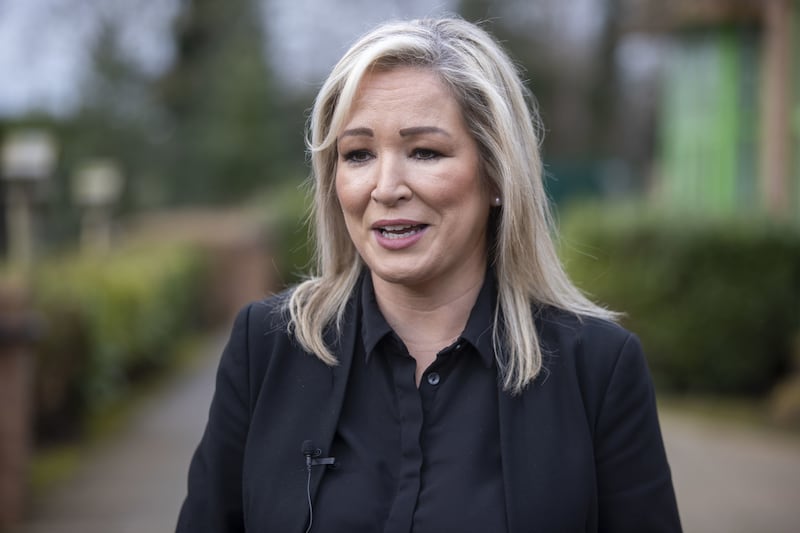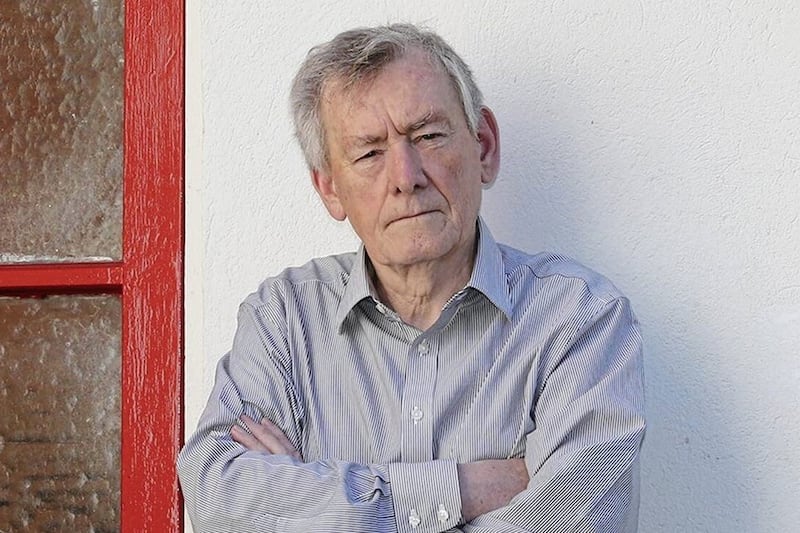Sinn Fein has called for “a step change” for economic policy in Northern Ireland claiming it fails to address issues such as productivity and climate change.
The party said a draft industrial strategy launched by former DUP Economy minister Simon Hamilton in 2017 lacked focus and did not address key weaknesses in the economy or examine why previous strategies had failed.
Launched in Belfast yesterday, the ‘inclusive and sustainable growth’ paper focuses on four objectives: ‘good jobs’, regional balance, productivity and a zero carbon economy.
Despite highlighting historic weak growth in Northern Ireland, the party’s vice-president Michelle O’Neill said the economy was “unrecognisable” from 20 years ago, adding that the ‘peace dividend’ had been underpinned by EU membership.
“All of that progress is now seriously endangered by Brexit,” she said.
“People are speaking with one voice, very loud, very clear whenever they say Brexit threatens north-south trade, it poses a risk to the cost of doing business and would have a devastating impact on employment and economic growth.”
Ms O’Neill also ruled out any potential Stormont veto on what EU rules could apply to the north.
“We do not support a Stormont veto in any shape or fashion. Anything that affords a veto to the DUP, or anybody who has worked against the best interests of citizens here, could not be acceptable,” she said.
“Because the reality is, the negotiation and the progress on the backstop can only be negotiated by the European Union and the British government. There can be no divergence from that.”
Sinn Fein’s new paper was presented by the party’s economic spokesperson Conor Murphy.
He said: “Our restored Executive must deliver a step change in economic performance and the paper we are launching today outlines a strategy for delivering that step change.”
He added any new strategy must be grounded in a rigorous appraisal of past economic policy and performance: “We need to understand the key long-standing problems such as a low productivity. We need identify lessons from past policy interventions and we need to incorporate those lessons into the new strategy.”
The proposals include a Good Job Index to replace the Better Jobs Index indicator contained in the Economy 2030 policy. The party said a ‘good job’ should pay at least a living wage and provide job security. Sinn Fein also wants to replace the Steps 2 Success back to work programme and introduce a new strategy to reduce childcare costs.
Mr Murphy said the party wants more decentralisation in terms of public sector jobs to address regional imbalance. Investment in roads and rail are also proposed, but Sinn Fein says the priority should be underdeveloped areas. It also wants the tourism offering outside Belfast to be enhanced.
Demonstrating the growing importance of climate change an issue for voters, Sinn Fein’s four objectives includes decarbonisation.
The party says a new energy strategy should encourage the transition to ‘zero carbon energies’ alongside a moratorium on the extraction of fossil fuels and a ban on fracking. It also wants more electric car charging points, tree planting programmes and a ‘green new deal’ to encourage jobs in to assist in the transition to a zero carbon economy.
Finally, Sinn Fein said raising levels of productivity in the north requires improvement to physical and digital infrastructure and boosting skill levels.
In terms of delivering the required “step change” in economic performance, Sinn Fein said any restored Executive should be equipped with additional devolved fiscal powers.
Such as consideration was noted in the 2014 Stormont House Agreement and party said the Executive would have to agree which additional powers it could take control.
Mr Murphy ultimately concluded: “While the new economic strategy can and should mitigate the impact of Brexit, only a new and united Ireland can overcome the damage of Brexit in the longer-term.”








